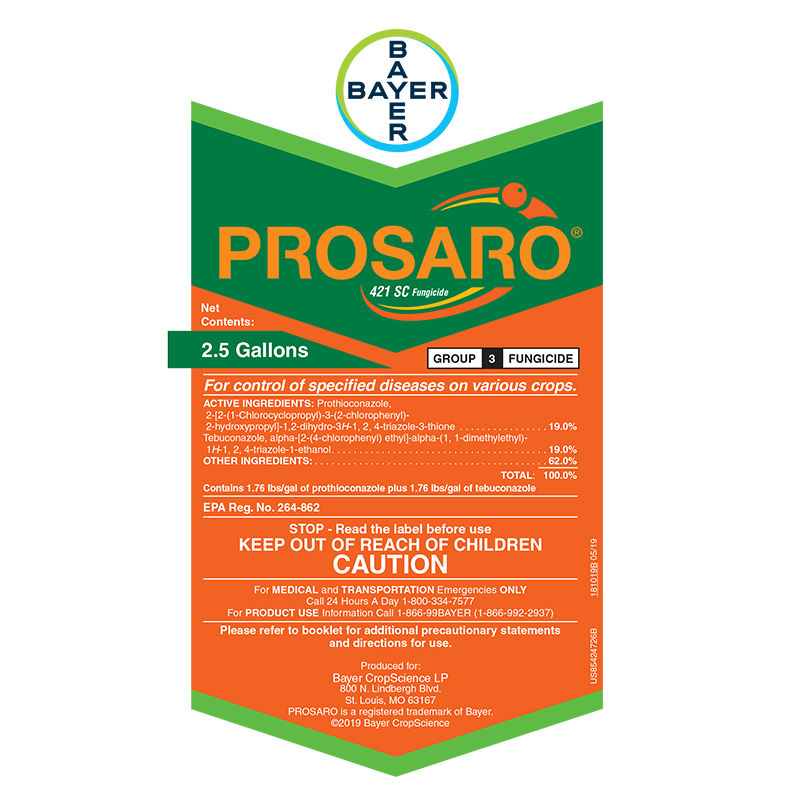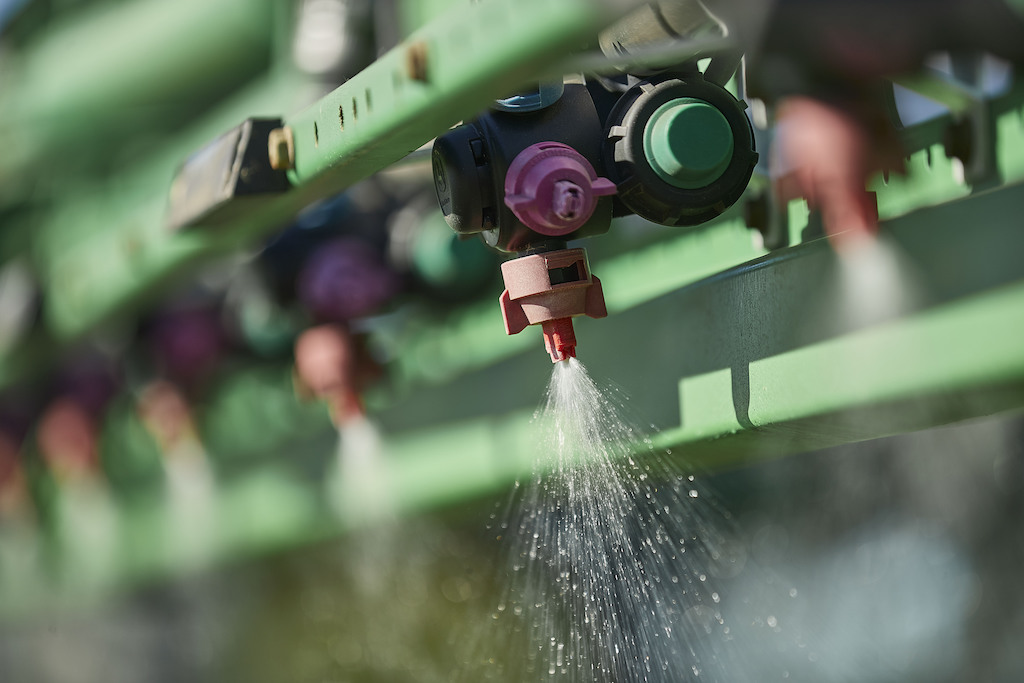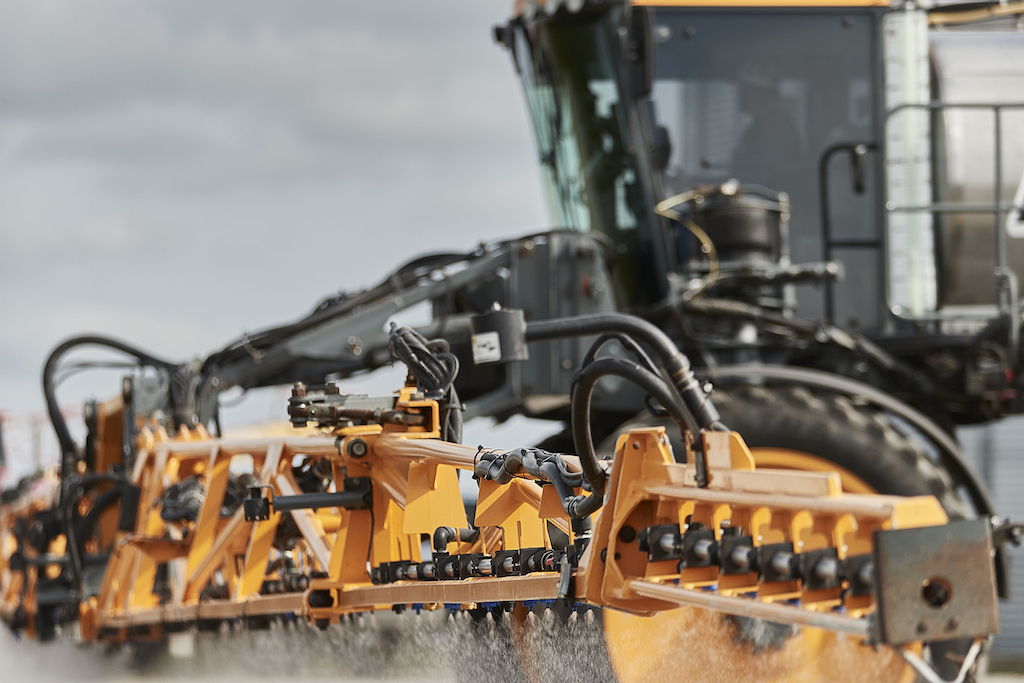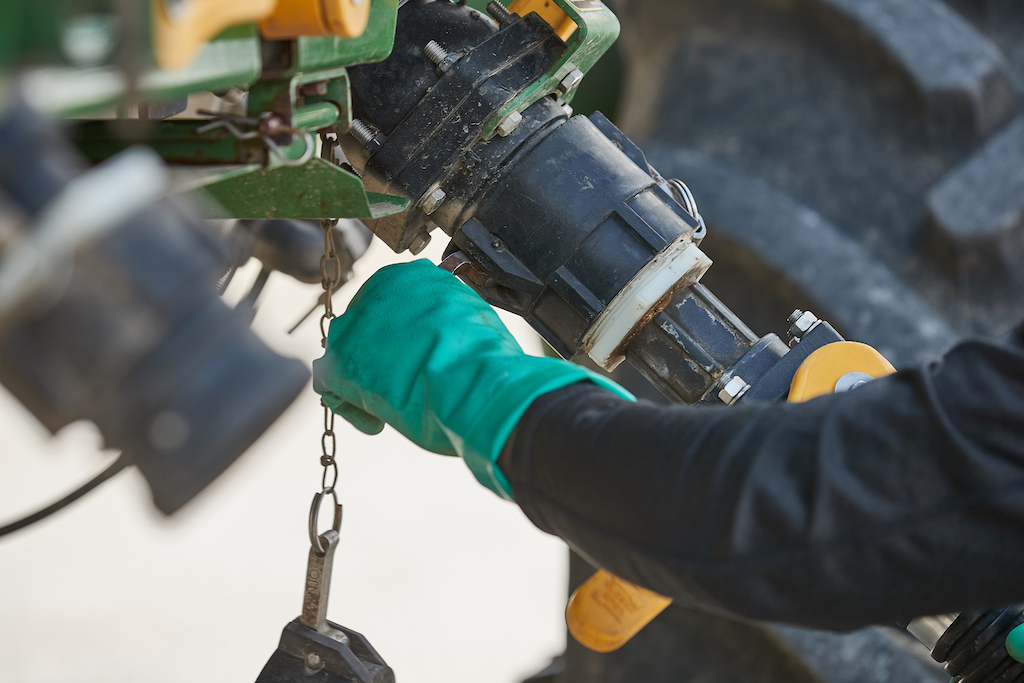Prosaro 421 SC Fungicide
FungicideProsaro® fungicide improves grain quality and maximizes yield through its unbeatable spectrum of disease control, increasing your profit potential.
Approved In
AL, AR, AZ, CO, CT, DE, FL, GA, IA, ID, IL, IN, KS, KY, LA, MA, MD, ME, MI, MN, MO, MS, MT, NC, ND, NE, NH, NJ, NM, NV, NY, OH, OK, OR, PA, RI, SC, SD, TN, TX, UT, VA, VT, WA, WI, WV, WY
Labels / Safety Data Sheets (MSDS)
PROSARO 421 SC FUNGICIDE Label
PROSARO 421 SC FUNGICIDE MSDS - Spanish
PROSARO 421 SC FUNGICIDE MSDS - English
Use on Wheat - Reduced Application Rate for Management of Rust Diseases
Use on Wheat - Reduced Application Rate for Management of Rust Diseases
Use on Wheat - Reduced Application Rate for Management of Rust Diseases
Effective Against
Our portfolio has products to fight a variety of weeds, pests and diseases.
Fusarium Head Blight Scab
Leaf Rust
Septoria Leaf Blotch
Stem Rot
Stripe Rust
Tan Spot
Registered Crops
Our products are available for use on a variety of different crops.
checkcereals
Additional Downloads
2017 Prosaro Application Card
2017 Prosaro Barley Product Bulletin
Product Bulletin 2023
